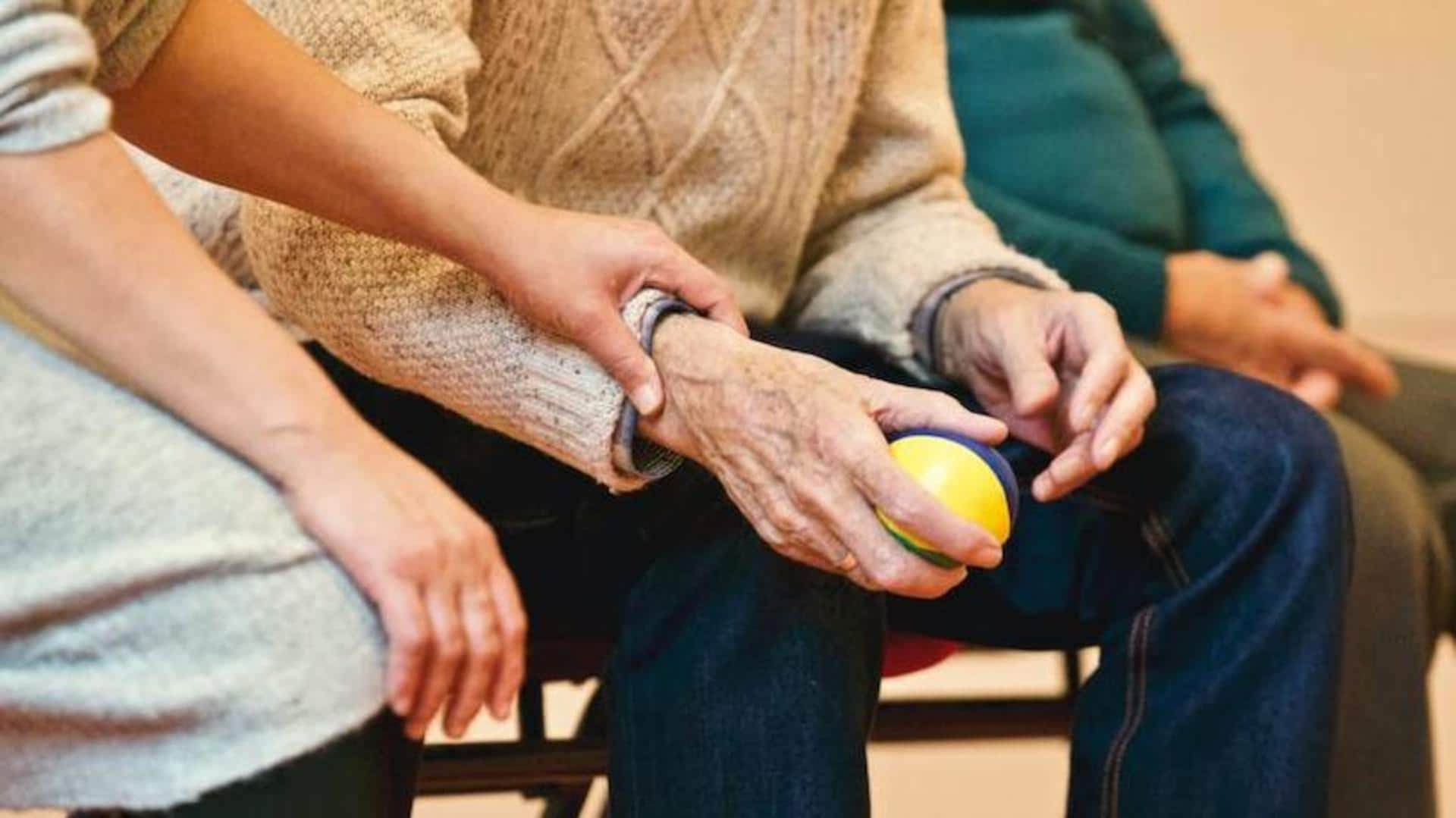
Here's how you can take care of elders at home
What's the story
Aging cannot be prevented. But we surely can prevent the growing illnesses by taking care of the elders in the family promptly. While some elderly people can age comfortably without needing any form of care, it becomes a point of concern when they start to struggle with their daily chores. The key here is to understand their requirements and support them.
Step 1
Check medication
A majority of elderly people suffer from age-related diseases and health issues for which they are prescribed medicines. Make sure that your loved one has the right medication. Keep a tab on their prescriptions, and make sure all their medical documents are updated. Accompany them to the hospitals or clinics when needed. If they require a professional caregiver, do not hesitate to hire one.
Step 2
Make home modifications
As people get older, make sure your home also gets modified to match their requirements. You must do your bit to provide a safe environment for seniors to live in and avoid accidents within the house. Some modifications include getting anti-skid mats or tiles, attaching grab bars in the bathroom, adding light suitable to their eyes, and elevating chairs and toilet seats.
Step 3
Keep in touch regularly
Loneliness is the worst thing you can wish for in a person, especially if they are older adults. If you stay away or are living separately from them, remember to check on them frequently. Give them a visit or call them up often to keep a tab on their health status as well as to keep them cheerful.
Step 4
Keep them active
Elderly people should be able to live independently, but not if doing so requires them to give up their daily routine of engagement and activity. Being active is necessary for elders to lead a healthy life. Take them to social, religious, recreational, and other events or encourage them with their hobbies or with activities like gardening, cooking, knitting, swimming, or photography.
Step 5
Get healthy meals
Seniors are at risk of malnutrition since they often lose their appetite with age. Another common reason is that they simply don't have the stamina or the ability to shop, prepare, and make food. Thus, seniors are consequently more likely to miss meals or consume foods low on nourishment. Hence make sure they eat healthy meals that are suitable for their palette and taste.